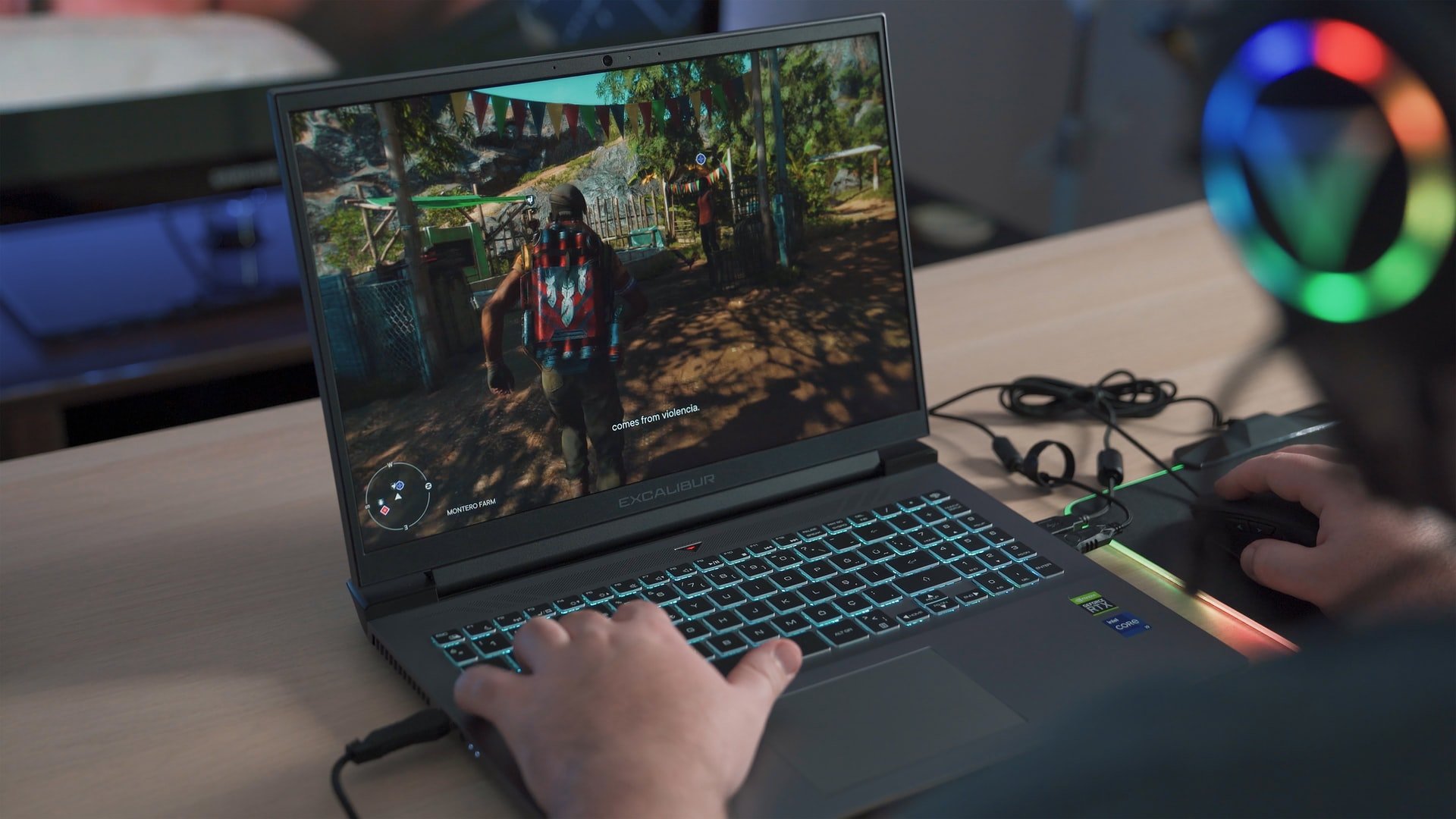Online gambling and gaming: Gambling addiction outpatient clinic warns of increase in behavioral add
According to the Austrian association Pro mente OÖ, more and more children and young people in the Alpine republic are affected by gambling and Internet addiction. This was stated yesterday by the Gambling Addiction Outpatient Clinic, which is affiliated with the association, at a press conference on the subject of behavioral addictions.

The problem, which also impacts adults, is exacerbated by the fact that the boundaries between online gaming and gambling are becoming increasingly blurred, and more and more online casino customers are visiting the sites in order to find out how to win Dragon Tiger - popular casino game.
Yesterday, Wednesday, the Outpatient Clinic for Gambling Addiction of the Pro mente Oberösterreich association hosted a press and panel discussion at the Presseclub Linz. According to its own information, the association cares for psychologically disadvantaged and impaired people at 180 locations in Upper Austria. This also includes help with gambling addiction.
Under the title "Behavioral addictions on the rise - more and more young people suffer from gambling and Internet addiction", the experts now presented findings from a recent study by the market and social research institute IMAS.
According to the German Society for Psychiatry and Psychotherapy, Psychosomatics and Neurology (DGPPN), so-called behavioral addiction (or non-substance-related addiction) manifests itself in the compulsive repetition of certain behaviors.
Those affected feel a strong urge to follow the respective stimulus. This dominates their thoughts, and at the same time their freedom of action and decision-making are severely restricted. Ultimately, they lack the freedom to resist this imperative need.
In addition to gambling and gaming addiction, addiction to shopping or pornography are also considered behavioral addictions. But excessive work or excessive sports can also be considered as such.
According to the survey, Austrians aged 14 and older currently spend an average of just under nine hours a day consuming media. 89% of this time is spent using online media and social media.
The increase in Internet consumption, also due to the pandemic, could have drastic consequences in some cases. For example, those responsible described as a major common feature of the so-called behavioral addictions that these are "triggered" by the Internet, i.e. driven or reinforced.
Particularly in the case of already existing psychological problems, heavy Internet consumption can lead to further withdrawal of those affected and tip over into behavioral addictions. The pandemic has also contributed to a change in the manifestation of gambling addiction in particular. Karlheinz Staudinger, MSc, psychotherapist at the Outpatient Clinic for Gambling Addiction, explains in the statement:
"Online gaming can be fun and a nice pastime. However, we are increasingly observing the problem that the boundaries between online gaming and gambling are becoming more and more blurred. The providers of online games are increasingly integrating gambling elements into their computer games in order to generate additional income, so that even children start gambling away their parents' money at an early age. And our young people can also very soon fall into the debt trap as a result, which can lead to a poor financial start in life and withdrawal from social life."
In practice, the counseling centers are increasingly asking how gambling addiction among young people caused by online gaming can be prevented.
Specifically, the current IMAS study shows that 35% of Austrians aged 16 and over have already regularly gambled for money. As examples the Macher call gambling in the Casino, Lotto, Brieflose and sport bets.
Around one fifth of regular gamblers stated that they were mainly active online. This primarily concerned the group of 16 to 34 year-olds. Respondents over the age of 60 mostly used offline services. 6% of those who gambled regularly had stated that they had increasingly resorted to online gambling during the pandemic.
In Germany, too, experts are concerned about an increase in pathological online gaming behavior, especially among minors. In November, DAK Gesundheit presented a study, according to which there had been a significant increase in pathological media use among children and young people during the pandemic. For example, the number of children and adolescents to whom the ICD-11 diagnosis Gaming Disorder applies had increased by 51.8% from 2019 to 2021. This means that around 4.1% of all people between the ages of 10 and 17 are currently addicted to computer games.

Education provincial councilor Christine Haberlander explained at yesterday's press conference that the province of Upper Austria will meet the challenges outlined in the study, in particular through education, information and prevention.
Among other things, training courses for pedagogical staff and offers for parents are intended to strengthen the media competence of minors with using online resources, like tusharentertainmentstudio.com. And support responsible use of electronic media.

